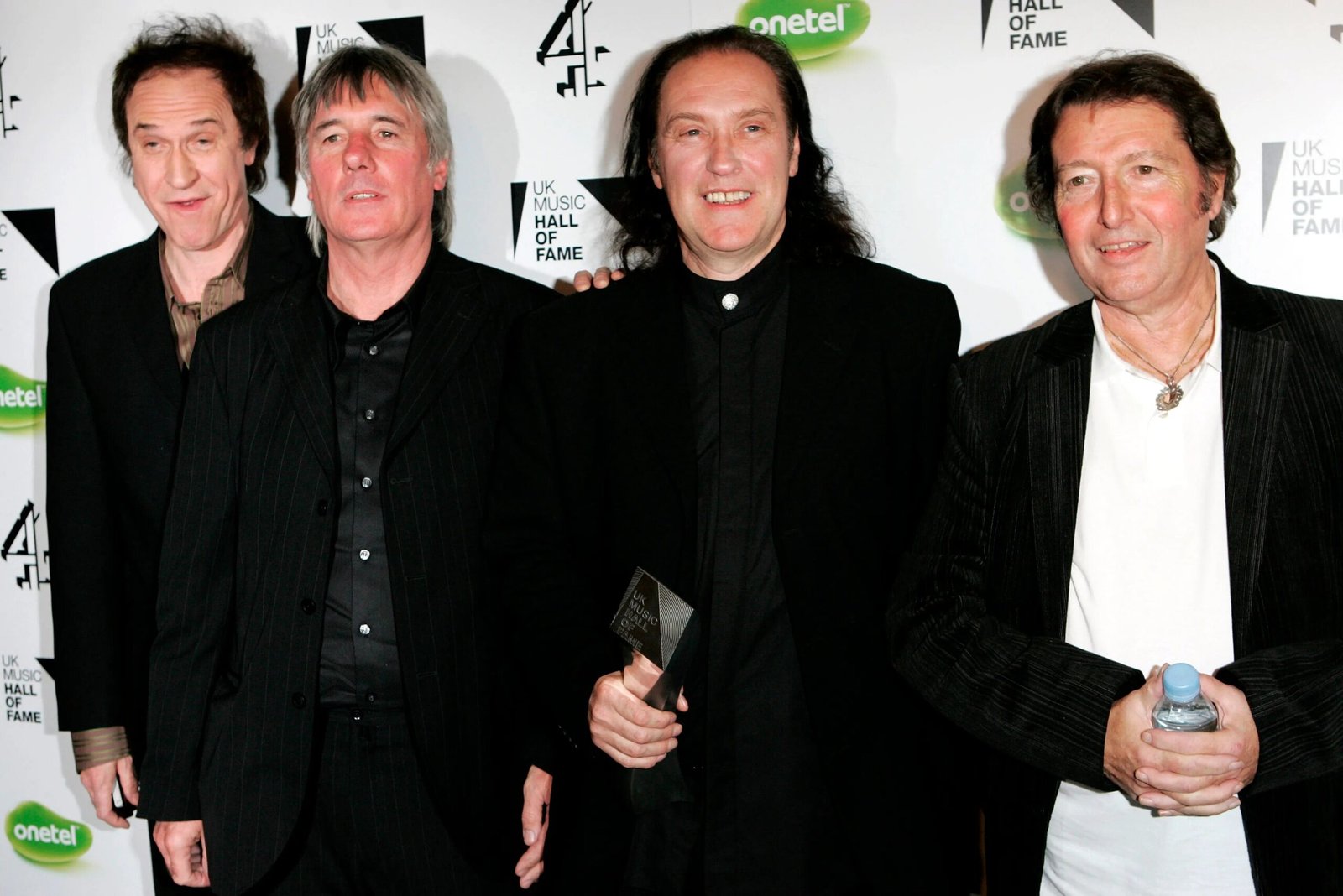
Ray & Dave Davies on 50 Years of the Kinks – Reunion or Not, They’re Still Busy (The Interview)
“The thing about The Kinks is that I’m a really big fan,” Ray Davies, the leader of the rock legends and its principal songwriter, told me when I caught up with him last fall.

“The Kinks always defied genre. We were our own genre. We were unpredictable and our music was really varied.”
That unpredictability, and the varied nature of the band’s catalog, is on full display in a clutch of recent releases. There’s the 5-CD The Anthology: 1964-1971, as well as the first of what should be a long line of exciting releases under a deal with Sony, The Essential Kinks and high resolution digital releases of The Kinks’ catalog from the early-1970s onwards, as well as an expanded version of 1971s Muswell Hilbillies.
“Muswell Hillbillies was a complete reinvention,” Davies told me of the album that reintroduced The Kinks to America in a big way, after being banned from performing in the U.S. stemming from a dispute with the musician’s union here. “It was the first real record that we made after our ban from performing in America was lifted.”
“The ban came about in the mid 60s, as I like to say, from a a mixture of bad management, bad luck and bad behavior. We couldn’t work in America for nearly four years. But with that album I went back to my roots, in a place called Holloway in England, where my family came from. It was like we discovered a new identity in the suburbs of North London. It was a chance to retrace our origins. That’s why we called it Muswell Hillbillies. It’s based on very factual people. There were tracks called Uncle Son and Holloway Jail. It’s like a rock documentary in many respects.”
The recent expanded CD/DVD deluxe edition of Muswell Hillbillies, The Kinks’ 1971 masterpiece of working class social observation, remains a unique musical statement, remarkably relevant in today’s world. Newly remastered from the original analog tapes, it includes the original album in its entirety as well as nine bonus tracks (seven of them previously unavailable), alongside a DVD of rare 1972 television appearances.

And fittingly for a writer whose work has certainly stood the test of time, Davies is unabashed in his fondness for the work.
“20th Century Man is one of my favorite performance pieces when I perform my music even now,” he admits. “It’s about urban renewal. They knocked down the area where my parents grew up and rehoused people. I had this imaginary character sitting in the last house with dynamite strapped to his body saying, ‘You can’t come near me’ while he’s fighting off property developers. I put myself into character in that song. It’s a character I still feel strongly aligned to in many respects. It’s an angry record, a poetic record.”



Be the first to comment